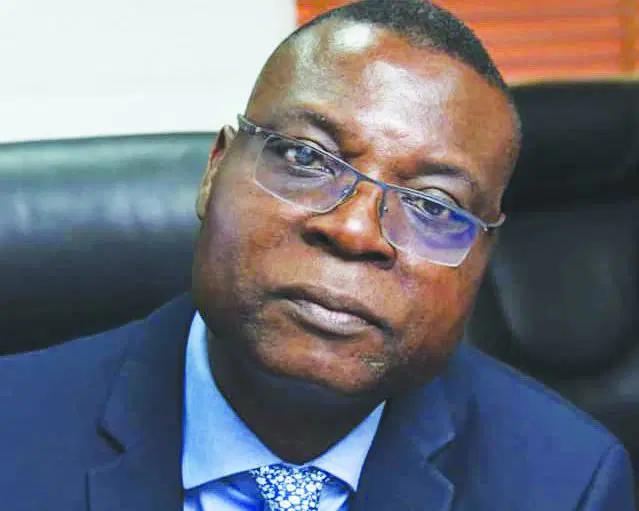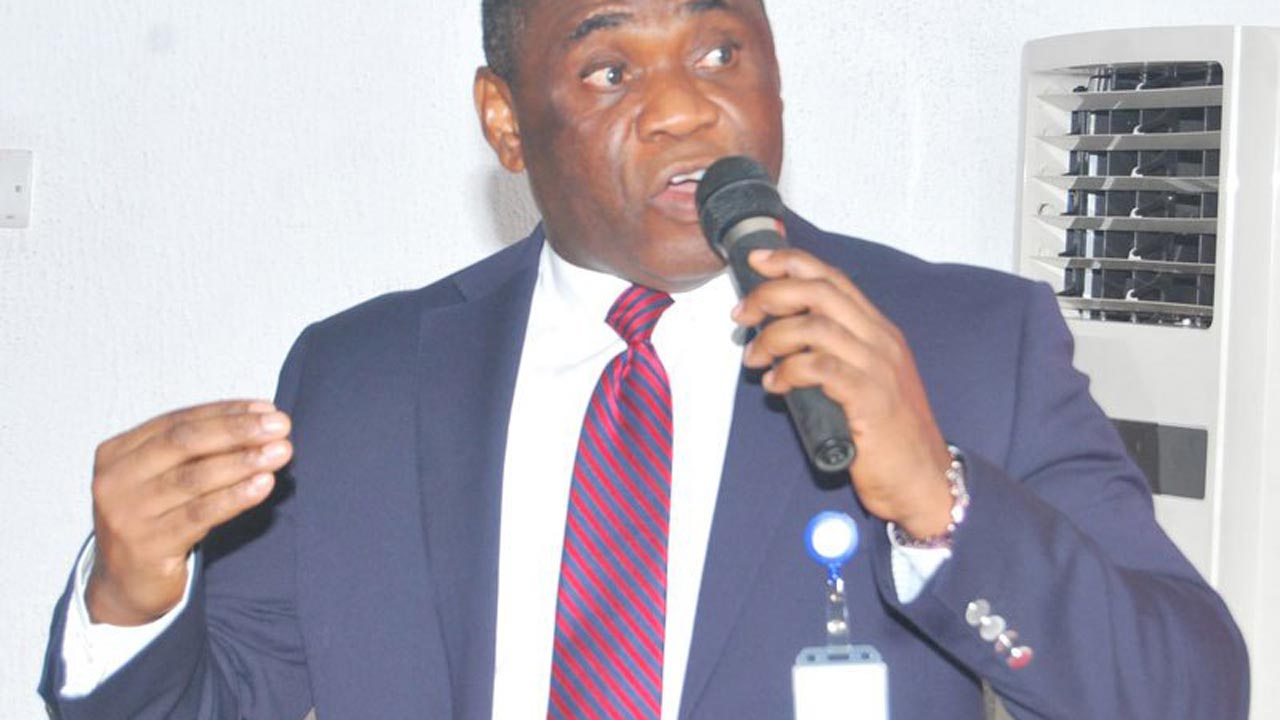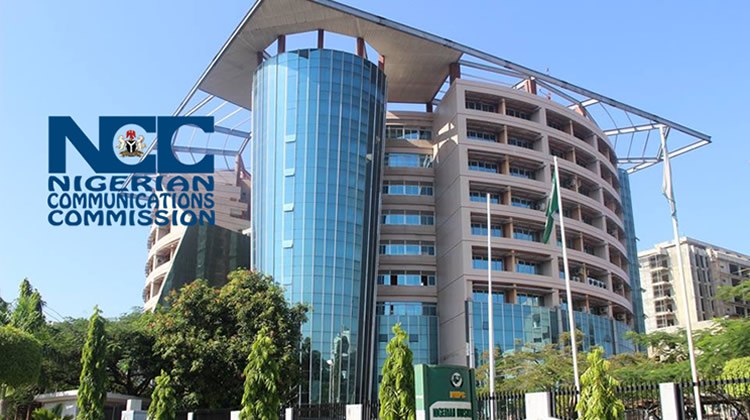The telecom sector once very predictable in performance and visibility, and even in functionality and relevance, has suddenly become a sector needing urgent attention, as it attracts responses and reactions of all shades. It is not a good place to be at all.
Mixed reactions will be too much of a beautiful phrase to describe an industry with too many worrying concerns. The subscribers are unhappy with the quality of service they are receiving in an industry that should be matured. Data in their phones disappear like mirage. The operators agree there are issues, pleading all kinds of challenges without the readiness to admit the burden of failure bearing down the industry.
It is a frustrating season for the subscriber. Ironically but which is a good development, the operators are making money, having returned to profitability after negotiating a 50 percent tariff increase from the Nigerian Communications Commission (NCC), which is the regulator of the telecom industry. Part of the discussion at the time was that an increase in tariff could help the operators build investable funds for network upgrade and expansion. That doesn’t seem to have happened. As they say, talk is cheap.
The situation is more complicated than it ordinarily looks. Just this Monday, at a place not too far from the city centre in Abuja, a friend had gone to a corner shop to print out a document which, unfortunately, had refused to send because of network challenges. He walked out with phone in hand searching for signals.
The walk was so unexpected that he had completely forgotten that his mini truck was blocking other vehicles parked at the shop. There was anger and frustration by others users of that environment who got trapped momentarily. You may call this a comic relief but it’s an unfortunate reality that phone users have to deal with at the moment. More like a familiar Nigerian phenomenon where a bad situation simply refuses to abate.
From all indications, the regulator which appears to be doing a constant review of the situation, admits the decline in the industry, and said last week that it was introducing a bouquet of regulatory measures to deal with the situation or even put the operators in some kind of glass casing where failure will be magnified.
“We are putting the numbers in the public domain. Nigerians will clearly see which networks are delivering and which are failing,” Executive Vice Chairman (EVC) of the Nigerian Communications Commission (NCC), Dr Aminu Maida, told the media, adding that “this marks a new era of accountability in Nigeria’s telecom sector. When consumers are happy, operators thrive, and the economy gets a much needed boost.”
The ultimate, it seems, is to make the subscribers find joy in the use of their phones once more. The journey to this obvious expectation has been windy and tortuous. Every planned action, including a fibre optics ring and even fibre to home, has not been successful.
Unfortunately, fibre to home is not only laborious now but it seems to have been stripped of its psychedelic appeal by mobile technology because of ease of deployment. Even in the more technologically developed environments, mobile broadband seems to be the favoured kid on the block with the more advanced variant, 5G technology, offering high-end wireless services.
So, it really wasn’t a shock when Maida informed his audience that internet subscription has dropped by over a million, from 142.6 million to 141.25 million, although he said that efforts were being made to reverse this worrying trend.
Other figures from the Commission include: 171 million subscribers and 105 million broadband users. It may be safe to observe here that these were figures that came after the rebasing of the telecom industry.
However, these figures mean very little to a subscriber facing frustration on the network. He just wants the regulator to get down and do some work that can communicate a difference each time a user carries out an activity on the network. Is that not the reason they say, it’s not how far but how well? The ‘how well’ of it is the more obvious appeal.
The other side of the story from the NCC which deserves close observation but should be measured for performance, is the submission that apart from regulatory activities which happen in offices, the regulator has decided to put a number of information in the public space as active metrics that can be used in judging performances by operators.
Maida said that from the month of September, which is around the corner, the regulator would initiate Quality of Experience (QoE) Portal which will showcase a Public Map for network performance based on information from subscribers, public release of operator performance score cards, and a quarterly quality of service report.
The intention is to put some industry activities in the public domain and furnish subscribers with accurate information that can help them make informed choices, while helping operators in engaging in more accountable and transparent practices that are best for an industry in search of stability. In the thinking of the regulator, all stakeholders have a responsibility to create a better industry with more informed engagement and decisions.
Do we have ‘name and shame’ laced into these fresh regulatory decisions? Perhaps. But whatever it is, the industry needs some shaking to get the best out of the operators who look flummoxed under the weight of industry challenges and consumer expectations.
There is a reprieve for them however, as Maida informed that an independent audit by PWC and KPMG, has exonerated the operators from accusations of data pinching, adding that the confusion seems to arise from jumbled tariff structures which challenge the patience of subscribers. The regulator has called for a simplification of the process.
The regulator which just had its board members nominated by President Bola Ahmed Tinubu, is brimming with optimism that, “with these reforms underway, we hope to win back consumer trust, attract investment, and ultimately, restore the quality that customers deserve.
There is nothing wrong with optimism but there is everything wrong when subscribers feel shortchanged by operators who place more emphasis on return on investment (RoI) than respect for customers and service delivery.




![President Tinubu makes fresh appointments across NCC, USPF board [Full List]](https://thenewsguru.ng/wp-content/uploads/2025/01/Screenshot-2025-01-11-at-6.02.11-AM.png)



